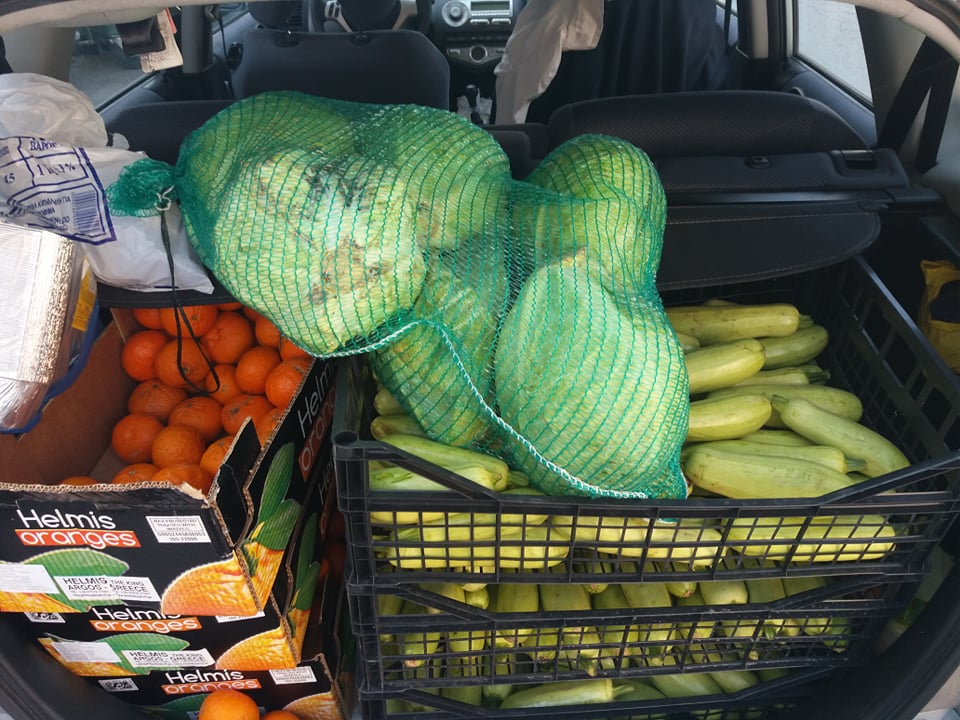
Cooking together for all (Greece)
Category: Right to food
Community Members: Pervolarides
Type of grant: Resist [ 1.000 € ]
Year: 2020
1. Who they are
Pervolarides of Thessaloniki was founded 7 years ago in Thessaloniki, North Greece as a grassroots informal organization. All our members are volunteers and we cover our expenses mainly through the support of other grassroots organizations from North Europe and individuals. Our aim is to regenerate community relations and public spaces through social cooperation and community solidarity actions.
Based on food and the relations that form throughout the food cycle (from seeding, cultivation, crop collection, processing and cooking, to reclaiming and re-processing food that would be wasted), we run a social kitchen, plant urban gardens and nurture abandoned public spaces together with people from diverse local and refugee communities, who join into groups with common concerns and interests in solidarity actions and creative social activities.
2. What they did
Pervolarides of Thessaloniki responded immediately to the challenges the epidemic posed during the previous period, by intensifying the provision of hot meals and fresh fruits/vegetables to the homeless and people in need. Hundreds of thousands of employees are losing their jobs or their contracts will not be activated as the summer season will be very limited in Greece due to COVID-19. This results in an increase in the number of people that need food provision.
Pervolarides kept supporting vulnerable families and individuals they already cater to, and assist the new ones introduced to us, by continuing to offer cooked meals and/or food packs as often as possible in a week. There is a larger financial burden on those who prepare and go out to distribute food. The cost of food preparation and transportation is rising.
They had an agreement with the Central Vegetable Market of the city where wasted but in good condition vegetables and fruits are thrown away every day. They brought cooked meals/fresh fruits and vegetables to vulnerable parts of the population and assisted the members of their group by providing those in need the necessary hot meals/fruits/vegetables they need.
In addition, they contributed to the provision of plants (tomatoes, eggplants, cucumbers, peppers etc.) prepared by affiliated farmers that belong to their network, made from local seeds, to be given to people in need in order to support them in their self-sufficiency during this difficult times. Appropriate training was also provided by our farmers for free, through online sessions or small workshops.
